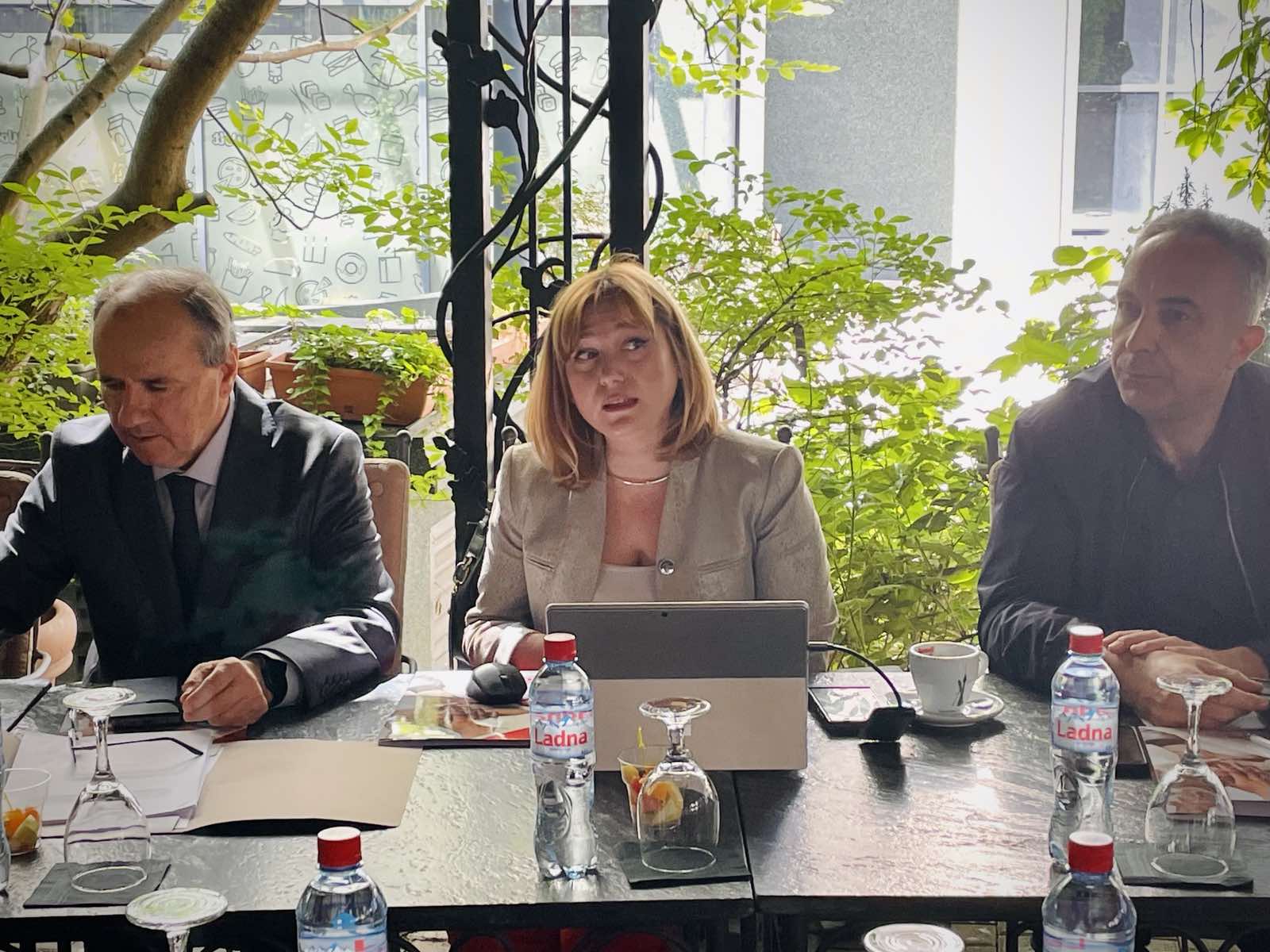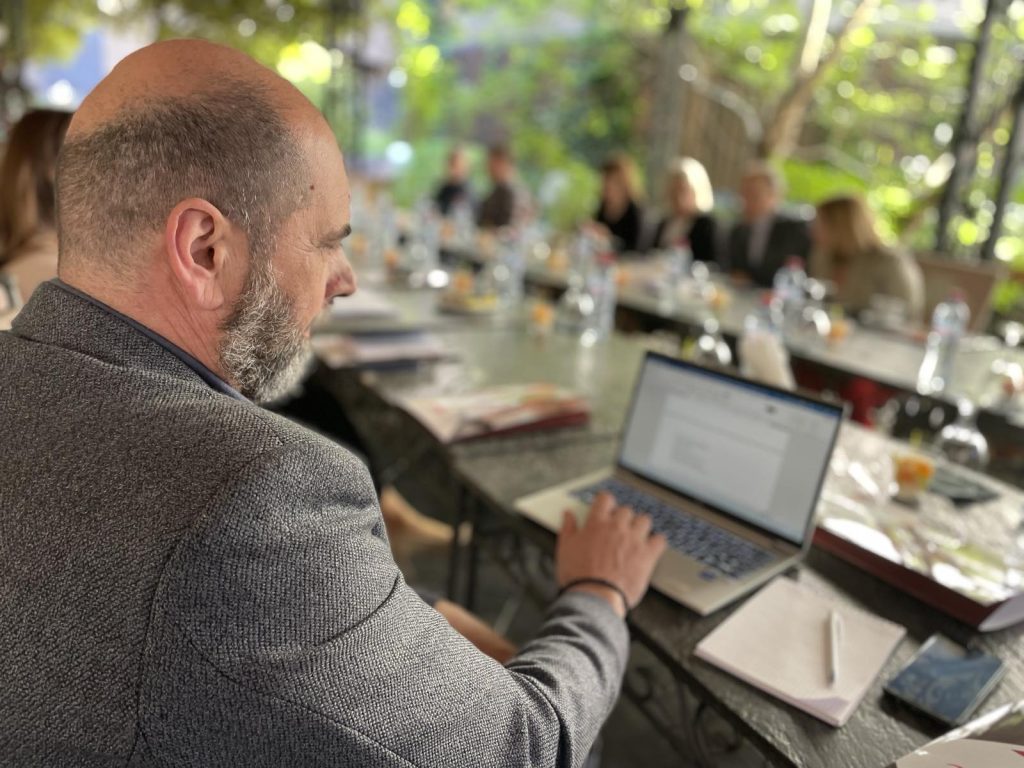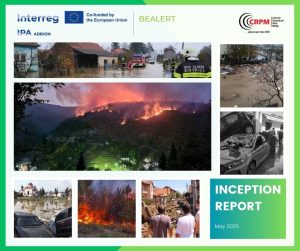The Center for Research and Policy Making (CRPM), in partnership with the National Committee for the Prevention of Violent Extremism and the Fight Against Terrorism, convened a multi-stakeholder workshop to enhance the Standard Operating Procedures (SOPs) of the national referral mechanism for preventing radicalization that can lead to violent extremism.
Held on Tuesday, the workshop brought together representatives from key national institutions—including the Ministry of Education and Science, Ministry of Labour and Social Policy, Social Work Centers, Ministry of Interior, and the National Security Agency—as well as international partners such as the Delegation of the European Union, the OSCE, and the Embassy of France. It marked the second gathering of its kind to address the operationalization of the referral mechanism through a coordinated, human-centered approach.

Strengthening the Referral Process
The referral mechanism is a structured procedure through which individuals identified as vulnerable to radicalization are directed to competent institutions or service providers for support and intervention. Referrals are typically initiated by schools, health professionals, or Social Work Centers, in close coordination with the Local Multi-Disciplinary Teams (MLTs).
The SOPs aim to ensure clear guidance on how to act, refer, assist, and protect individuals through a collaborative process involving multiple institutions. The framework emphasizes respect for human rights, data protection, and the “do no harm” principle.

A Growing Challenge Requiring Systemic Response
Radicalization that leads to violence remains a pressing concern for many countries. It threatens not only individuals but also communities and national security. In response, nations—often with support from global partners such as the United Nations, European Union, NATO, and the OSCE—are implementing comprehensive measures to prevent and counter violent extremism.
A central element of these strategies is the development of localized referral mechanisms. These systems serve as a bridge between vulnerable individuals and a network of support services, including education, mental health, and social protection. The goal is to reduce vulnerabilities before they escalate into violent behavior.

A Unified, Local-Level Effort
Speaking at the workshop, Pavle Trajanov of the National Committee emphasized the importance of ensuring the referral mechanism functions effectively at the local level. “We must make every effort for this inter-institutional mechanism to work seamlessly in communities,” he said.
The workshop participants reaffirmed the need for shared decision-making, coordinated action, and clearly regulated SOPs to ensure institutional collaboration and safeguard individual data and privacy.
The workshop was held as part of the project “Guardian Shield: Operationalizing the Referral Mechanism to Strengthen Resilience Against Radicalization and Extremism in North Macedonia.” The initiative is funded by Hedayah – the International Center of Excellence for Countering Violent Extremism – through the STRIVE Global Programme Phase II – and is implemented by CRPM.
Through such coordinated and well-structured efforts, Macedonia continues to strengthen its resilience against the threat of violent extremism, promoting safer and more inclusive communities.






